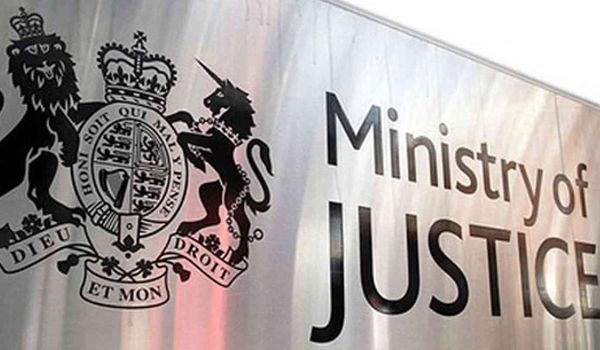Sentencing powers for magistrates doubled to help tackle courts backlog
Magistrates will now be able to issue jail sentences of up to one year for a single offence to help ease the case backlog in the Crown Court that increased during the pandemic.
The move announced on Monday (May 2) is expected to free up around 1,700 extra days of Crown Court time each year.
Previously, magistrates could only issue a maximum of six months in prison, despite often hearing cases that warrant a longer jail term. These would then need to be sent to the Crown Court for sentencing by a judge.
The Ministry of Justice (MoJ) said this latest step means the Crown Court can focus resources on getting through more serious, complicated cases.
Deputy Prime Minister, Lord Chancellor and Secretary of State for Justice Dominic Raab said: “We are doing everything in our power to bring down the court backlog, and doubling the sentencing powers of magistrates will create more capacity in the Crown Court to hear the most serious cases.
“Together with an extra 30 Nightingale courtrooms currently open, digital hearings and allowing the Crown Court to hear as many cases as possible for another financial year, we will deliver swifter and more effective justice for victims.”
The Judicial College said it has provided all magistrates and legal advisers with “robust training” ahead of the change in law to guarantee they know how to best use these new powers to deliver justice effectively.
Bev Higgs, national chair of the Magistrates’ Association, said: “The Magistrates’ Association has long called for this measure; it will lead to more timely justice that can only benefit all court users – defendants, complainants and witnesses.
“We are pleased that the Government has placed its confidence in the magistracy and introduced this power, alongside other measures, to ease court delays.”
The cap on the number of days the Crown Court can sit has already been lifted for a second year to enable more trials to take place.
While two ‘super courtrooms’ have been created allowing gang-related trials of up to 12 defendants to be heard at once.
In addition, video technology has been rolled out to more than 70 per cent of courts, with 3,265 virtual courtrooms now operating across all jurisdictions. These currently hold around 12,500 hearings a week, compared with just a handful before the pandemic.
In January, the MoJ launched “the largest recruitment campaign in the 650-year history of the magistracy” as it looks to recruit 4,000 new magistrates.


